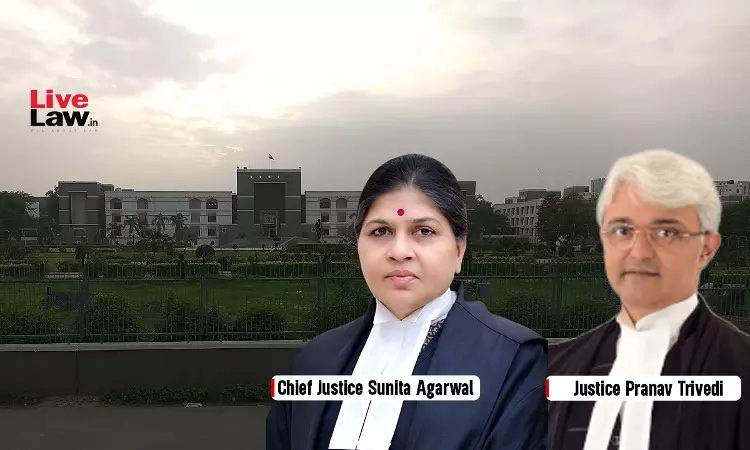Minority Institutions' Right Of Administration Must Be Balanced With Principles Of Public Employment: Gujarat High Court
LIVELAW NEWS NETWORK
1 Aug 2024 9:24 PM IST

Next Story
1 Aug 2024 9:24 PM IST
The Gujarat High Court on Thursday orally remarked that even in cases of public employment in minority institutions, the right of the institution to administer has to be balanced with the basic principles of selection in public employment such as transparency and uniformity.A division bench of Chief Justice Sunita Agarwal and Justice Pranav Trivedi was hearing a batch of petitions moved...
